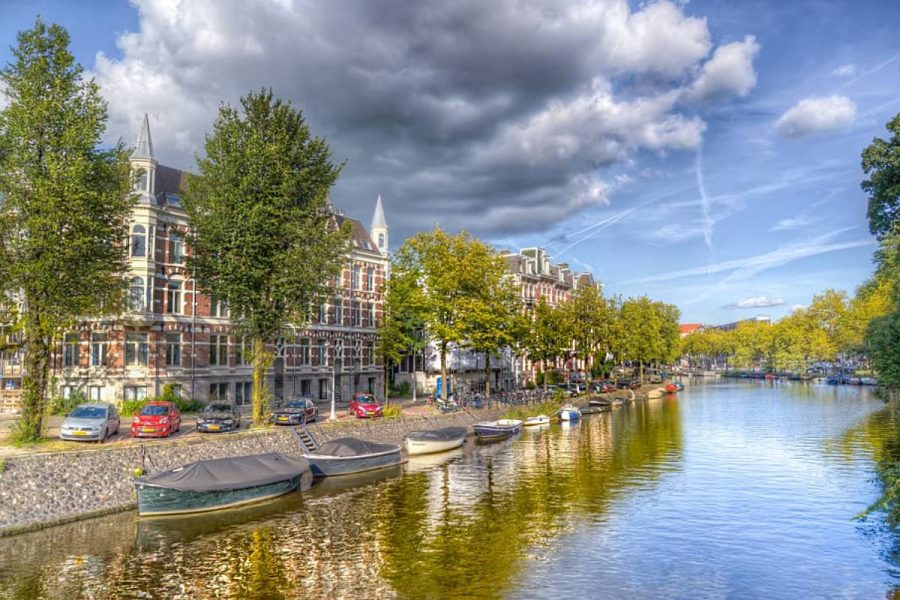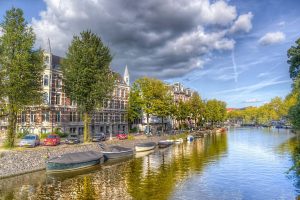The Netherlands investigates operators for unpaid taxes pre-regulation

Up to 15 operators are under investigation for having earned money in the Netherlands before the regulation of online gaming.
The Netherlands.- At least eight gambling operators are reportedly being investigated for potentially owing millions in tax payments for operations in the Netherlands prior to the regulation of online gambling. The government believes operators should pay taxes on money made before gambling was regulated.
A freedom of information request has led to the publication of a memo sent from the Corporate Service for Professional Technology (CD VT) at the Tax and Customs Administration to Dutch online gambling companies. Dated October 28, 2021, the memo states that the operators may be liable for tax on money earned before the regulation of the market. Eight operators were said to be under investigation with another seven possibly to be added.
The memo reportedly reads: “It has become apparent that Dutch online gambling companies have been ‘fiscally disguised’ since the emergence of the internet and – wrongly – have not paid any tax in the Netherlands. A number of current files have shown that the Dutch treasury has lost tens, if not hundreds of millions in tax revenue in recent years as a result. This mainly concerns gambling tax, corporate tax and income tax.”
It adds: “The core structure is that the gambling company (on paper) is based in Malta or Curaçao and has a license there to perform the activities. Because of this, they managed to transfer tens of millions of euros from the Netherlands for years without having to pay tax on it in the Netherlands.”
It said criminal investigations and media reports had resulted in three tax investigations that were probing potential unpaid tax of around €200m.
Last week, the Dutch gambling regulator, the KSA, said it was investigating several affiliate marketing sites for blatantly advertising unlicensed gambling to vulnerable consumers. The regulator said the sites appeared to have been set up to intentionally promote ways to circumvent the Netherlands’ regulated gambling offering.
The KSA said the domain names under investigation include casinozondervergunning (“casino without licence”) and casinozondercruks (“casino without Cruks” – in reference to the Netherlands’ national gambling self-exclusion system, which all licensed operators must use).










